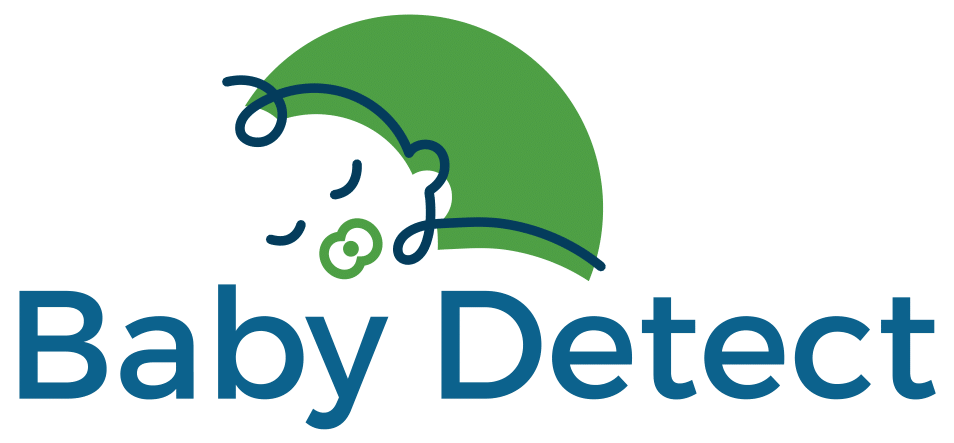CPS1 gene
Also known as: CPS1 deficiency, hyperammonemia due to CPS1 deficiency
OMIM#237300 https://omim.org/entry/237300
1. The disease:
A rare, severe disorder of urea cycle metabolism typically characterized by either a neonatal-onset of severe hyperammonemia that occurs few days after birth and manifests with lethargy, vomiting, hypothermia, seizures, coma and death or a presentation outside the newborn period at any age with (sometimes) milder symptoms of hyperammonemia. Lack of early signs or symptoms does not exclude the diagnosis.
2. The Symptoms:
A rare, severe disorder of urea cycle metabolism typically characterized by either a neonatal-onset of severe hyperammonemia that occurs few days after birth and manifests with lethargy, vomiting, hypothermia, seizures, coma and death or a presentation outside the newborn period at any age with (sometimes) milder symptoms of hyperammonemia.
3. Actions to take in case of early diagnosis:
- Infants with a positive genetic test (having 2 pathogenic variants or 2 copies of a single pathogenic variant in the gene CPS1) should continue breastfeeding and avoid baby formulas. Early treatment is essential in preventing chronic symptoms.
- Biochemical correlation is essential for confirming diagnosis with plasma quantitative amino acids (very low citrulline and arginine with high glutamine), ammonia levels (very high) and urinary organic acids (normal orotic acid). Biochemical NBS with tandem mass spectrometry can also help.
- CPS1 is a lifelong disease that requires lifetime management and regular follow-up with a metabolic physician and dietician, a part from a multidisciplinary approach to care.
- A life-long diet low in natural protein, supplements of essential amino acids, citrulline and arginine as needed.
- Nitrogen scavenging therapy (with sodium benzoate and/or sodium phenylacetate/phenylbutyrate and arginine) or hemodialysis in the emergency should decrease ammonia levels.
- Early liver transplantation for those with neonatal-onset CPS1D can correct metabolic abnormalities but does not reverse any neurological complications. Valproic acid should be avoided.
- Genetic counseling is highly recommended for family planning and evaluation of at-risk family members such as siblings.
4. For more information
Orphanet: https://www.orpha.net/consor/cgibin/Disease_Search.php?lng=EN&data_id=461&Disease_Disease_Search_diseaseGroup=CPS1&Disease_Disease_Search_diseaseType=Pat&Disease(s)/group%20of%20diseases=Carbamoyl-phosphate-synthetase-1-deficiency&title=Carbamoyl-phosphate%20synthetase%201%20deficiency&search=Disease_Search_Simple
Biblio: https://www.ncbi.nlm.nih.gov/books/NBK1217/
